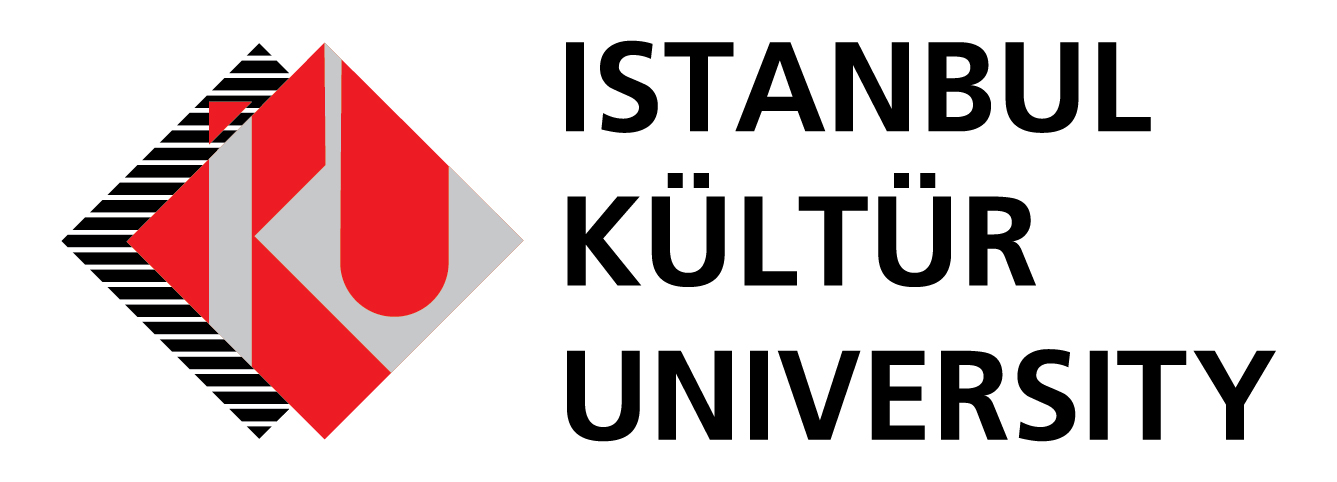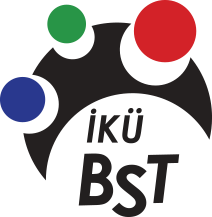In accordance with the official pronouncement of the Presidency of the Turkish Republic, the formal education at our university will be interrupted for 3 weeks dating from the 16th March 2020.
Dear Students,
Within the framework of the information received from the Council of Higher Education (YOK):
1. The study activities, academic exchange programs, social activities, cultural trips, sports activities, competitions, pre-planned occasions related with university activities of students are subject to the information and permission of the university-including those already planned-will be canceled until the second announcement.
2. Students who attend all health programs, science and engineering programs, associate degree, undergraduate level internship, intern and applied sciences will also be counted on vacation.
3. All students (Turkish and international), in case of going abroad might have problems in return, their flights can be canceled, and they will not be allowed to enter the campuses for at least 14 days when they return.
In addition, within the scope of the preventive measures against the New Corona Virus Disease (COVID-19) outbreak in our country published by the Higher Education Council on March 6, 2020;
"The academic and administrative staff traveling from the countries in which virus infections are reported to stay home for a period of 14 days, and come back to university if they don't have symptoms such as fever and cough at the end of the 14-day period”.
Disinfection procedures against the new Corona Virus Disease (COVID-19) are carried out through meticulous cleaning in all our campuses and services. In this context, our cleaning, restaurant, cafeteria, and service staff have been specially trained and inspections on food products are tightened.
We kindly request all our students and staff to take into account the procedures previously announced by The Directorate of Health, Culture, and Sports at our University.
As a precautionary measure against unfavorable situations that may arise due to coronavirus outbreak, all activities (symposiums, conferences, concerts, Erasmus, etc.) in our university have been cancelled from today until further notice. New dates will be communicated separately.
The Rectorate took measures based on the Ministry of Health to take the necessary protection and control measures against the COVID-19 (2019-n CoV DISEASE) virus. Within the framework of the measures taken; All academic / administrative staff and students who are abroad and who return home will be deemed to have administrative leave for 14 days from the date of return. The staff and the students concerned are required to send the page of the entry stamp of their passport to the e-mail addresses below.
Student: ogrenci.isleri@iku.edu.tr
Staff: ik@iku.edu.tr
In addition to the information below concerning new Coronavirus, you may click to have updated guidance through World Health Organization (WHO).
https://www.who.int/emergencies/diseases/novel-coronavirus-2019
What is the New Coronavirus Disease?
The New Coronavirus Disease, designated COVID-19 by the World Health Organization, is an infectious disease. A study of the samples taken from patients has led experts to conclude on 7 January that the virus causing the disease is of the Coronavirus family, as in the SARS (2002) and MERS (2012) outbreaks, and the virus was designated as the New Coronavirus 2019 (2019-nCoV)
Is the New Coronavirus Disease dangerous?
Compared to the mortality rates of the SARS and MERS outbreaks in the past, this disease currently has a relatively low mortality rate of 2%. Data suggests that the virus is more likely to cause severe illness in advanced age and in people who have an accompanying disease (such as asthma, diabetes or heart disease). The disease progresses relatively mildly in young and healthy adults.
What are the symptoms of the disease?
The incubation period is the period after which the symptoms and effects of the disease manifest once the virus has entered the body. The New Coronavirus is known to cause suddenly onsetting symptopms of high fever (39 C), coughing and shortness of breath following an incubation period of 2 to 14 days. Some patients have also exhibited symptoms of sore throat and nasal congestion. In severe cases, lung infections, severe acute respiratory infections and renal failure can be seen.
How does the virus spread?
The virus infects mainly through the inhalation of the small respirtory droplets that are generated upon the coughing and sneezing of infected individuals. It can also infect when hands are brought without washing into contact with the face, eyes, nose or mouth after touching surfaces polluted with droplets from infected individuals. Touching the eyes, nose or mouth with dirty hands increases the risk.
Have any cases been seen in Turkey?
According to the announcement by the Republic of Turkey Ministry of Health on March 11, 2020, a Turkish citizen travelling from Europe tested positive with corona virus.
How can we protect ourselves from the virus?
No vaccine has yet been developed against the virus, and therefore, the basic principles for avoiding acute respiratory tract infections also apply to the New Coronavirus (2019-nCoV). Since there is currently no outbreak of the virus in our country, no special precautions are required. But during the winter months, when many virusses that cause respiratory tract infections (influenza, the common cold viruses etc.) circulate among humans, the following precautions are recommended against all respiratory tract viruses, including 2019-nCoV.
Hand hygiene should be ensured. Hands hould be washed with soap and water for at least 20 seconds. When soap is unavailable, alcohol-based hand antiseptics should be used. There is no need to use special soaps that contain antiseptic and antibacterial agents. Normal soap is sufficient.
- Hands should not be brought in contact with the mouth, nose and eyes without washing.
- Contact with infected individuals should be avoided, including those infected with the seasonal flu. In the physical proximity of such individuals, a distance of at least 1 meter should be kept whenever possible.
- Hands should be washed frequently, particularly after direct contact with people suffering from illness and their environments.
- Masks are currently not recommended for healthy individuals in our country. People suffering from viral respiratory tract infections are advised to cover their mouth and nose with disposable paper tissues while coughing and sneezing. When paper tissues are unavailable, the use of the inner side of the elbow is recommended.
Should masks be used? When and how?
Healthy individuals with no respiratory symptoms such as coughing do not need to wear medical masks. But masks can be used if the individual will be staying for extended periods in crowded spaces where air circulation is limited. The use of medical masks is recommended if you have respiratory symptoms. Hands should be cleaned after disposing of the mask.
Regular medical masks that are recommended for use in crowded environments such as public transport or classrooms have been demonstrated to have similar effects for protection against infection as N95 and FFP2 masks with special filters.
N95 and FFP2 masks are only recommended for the use of health personnel who work with respiratory tract conditions in health institutions.
There are no epidemiological findings so far which suggest that contact with goods or products shipped from countries that are affected by the New Coronavirus outbreak has caused infection. There is no need to use masks when coming into contact with cargo from a country where New Coronavirus infections have been seen. The use of gloves is also not necessary, except for protection against possible mechanical hazards that can arise from contact with rough surfaces.
When should I see a doctor?
Health institutions should be consulted in cases where fever and coughing and difficulty of breathing are observed.
Individuals traveling to countries where cases of the New Coronavirus have been seen are required to visit a health institution if they develop symptoms of fever, coughing and difficulty of breathing within 14 days of their return, and report their travel story.

